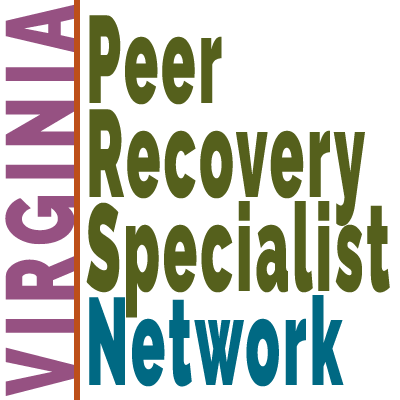Blog
The Fine Art of Toothpicking
Yes, I know that is why you are reading this article. Why do you think I picked that title? I am a sneaky blogger. But now to the content before you figure out the bait and switch!
I was sitting here at my computer and looked over and saw a box of toothpicks sitting there. Now, you may ask, why does he have a box of toothpicks sitting on his desk where he blogs? Simply put, one never knows when one needs a prop for inspiration to write a new blog. Also, sometimes if you are working late and eating dinner whilst blogging you may need ‘dental assistance’. I won’t go any further on that part. You get the idea.
Prior to this article, I believed that toothpicks were solely used to free food that had been crushed by mandibles in the jaws of death, so to speak. But, a little research can go a long way. Did you know that there is a fine art to throwing a toothpick? (Top 5 Methods How to Shoot a Toothpicks With Your Fingers). You’re welcome.
Did you know there is art made of toothpicks? (The World’s Most Incredible Toothpick Art). Again. You’re welcome. See I provide a lot of value even if it is valueless content depending on your toothpick interest.
In the context of peer support, toothpicking is a great metaphor. Here’s why. The reason we use toothpicks is to remove trapped food particles between the teeth and maintain dental hygiene.
This provides several benefits. First, it aids in killing bad breath. That is pretty self-explanatory. Pick your teeth and use some Triden to top it off, for goodness sakes!
Second, it prevents cavities. Food trapped between our teeth can cause tooth decay. Tooth decay can lead to tooth loss. Tooth loss can lead to really expensive implants or even dentures. Why get fake ones when we can keep the originals? No offense to anyone with dentures, there are unavoidable dental situations that require the use of dentures, regardless of well-applied ninja-level toothpicking.
What in the world is the fine art of toothpicking? Toothpicking is a fine art because you can’t always go straight ahead into a problem. Sometimes you have to go at it from the left or the right like a boxer. A hit to the kidney here and a punch to the liver there. It’s the same thing with food particle extraction. The toothpick may have to come at it from above or below or from the left or right side of the tooth. And it also requires careful monitoring of pressure applied to extract said food particles. It is not for the faint of heart.
Neither is the work of a peer recovery specialist. We talk to another peer about the things that are stuck between their expectations and reality itself (read: problems). And often we have to look at these problems from different angles and directions in order to help release and extract them out of their lives with their permission and cooperation as a team.
Much like a toothpick surgeon, if you will, to help a peer extract pain and suffering from their life wherever possible we can utilize the following “6 Picks of Peer Problem Analysis Tools”. Here they are:
- Who?
- What?
- When?
- Where?
- Why?
- How?
Now at first glance, this may seem really obvious. And to a point, it is. But, if we want to be thorough in our peer support, all of these are important. Sometimes a ‘Who’ will do the trick. Other Times a ‘when’ will pick that problem right out. Most times, however, it’s good to use all 6. And they are very easy to ask a peer in distress.
What did we learn today kids? We learned you can actually flick a toothpick. We learned people who may or may not have way too much time on their hands create magnificent toothpick art. Finally, we learned that a toothpick is a great metaphor for supporting a peer in distress utilizing the “6 Picks of Peer Problem Analysis Tools”. We also learned I’ll do anything I can to make a point using anything I can find to encourage peers in their support efforts as well as to get my blog in on time. I am ahead of schedule today. Two-fer!
(Oh, before I forget, in case you need a refresher Guide to Proper ToothPick Use)

Chris Newcomb
VPRSN Coordinator
Chris Newcomb, M.Div., PRS, CPMS, CWF, CSSF is the VPRSN Coordinator on behalf of Mental Health America of Virginia. He holds a Bachelor in Psychology from Radford University and a Master of Divinity from Duke University. In his spare time, he is a singer/songwriter who loves to write new songs, practices Krav Maga, and enjoys time with family and friends.
